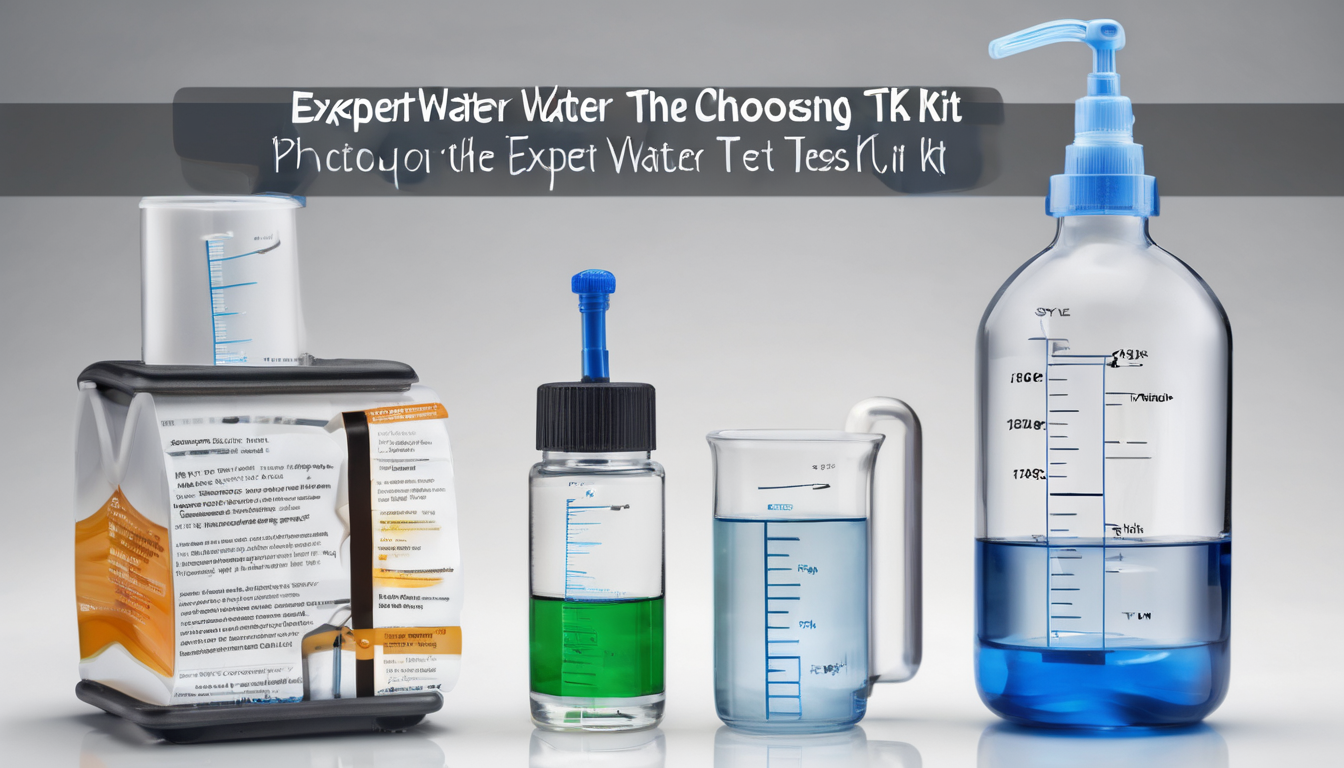Remineralization is the process of adding the essential minerals back into desalinated or reverse-osmosis treated water. Reverse osmosis is not a selective process with respect to removing contaminants from the water. In addition to removing harmful constituents such as bacteria, heavy metals, etc. it also removes useful nutrients such as calcium, magnesium, and potassium from the water. Remineralization filters ensure all the nutrients lost during this process are added back to the water. Similarly, remineralization has also been proven quite effective as a post-treatment for the desalination process.
One of the most commonly used techniques for remineralization of desalinated water is limestone bed contact. Dissolution of limestone provides the essential minerals to the water such as bicarbonates, calcium, and magnesium. There are many different types of remineralization filters available in the market that can help achieve the required mineral content in water. Thus, the demand for remineralization filter cartridges to treat water from desalinated plants or under-sink reverse osmosis systems has gained tremendous momentum providing in recent years. As per the World Health Organization (WHO), the presence of calcium and magnesium in drinking water and their potential contribution and benefits to human health are very relevant.
This article provides a brief overview of the health benefits of remineralization by describing the benefits of essential minerals viz. calcium, magnesium, and potassium. It should be noted that all information pertaining to health benefits is based on research conducted by various organizations such as the WHO that can be applicable to the general public. For more specific information, consumers should contact their primary physician to get proper recommendations based on their specific health issues.
HEALTH BENEFITS OF CALCIUM AND MAGNESIUM
Calcium and magnesium are both essential minerals for human body growth and development. Inadequate intakes of either calcium or magnesium can result in severe health issues especially for certain groups of people, particularly women.
- Postmenopausal women as they experience greater bone loss and their body doesn’t absorb calcium well
- Women of childbearing age who experience amenorrhea cause they exercise heavily or eat inadequate diet or do both
- Lactose intolerant people who cannot have dairy intake
- Vegans and ovo-vegetarian as these groups avoid milk and other dairy products
Over 99 percent of the total calcium in the body is found in bones and teeth. It is one of the fundamental minerals essential for the growth and maintenance of strong and healthy bones. Deficiency of calcium has been associated with osteoporosis which is the condition of bone fragility and deterioration of bone tissues consequently resulting in bone fractures. Inadequacy of calcium also results in kidney stones, hypertension, coronary artery disease, insulin resistance and obesity.
Many recent studies have confirmed that magnesium plays a vital role in the prevention of cardiovascular diseases. Moderate to high levels of magnesium i.e. between 25 and 100 ppm or at a minimum of 10 ppm could potentially prevent approximately 4.5 million deaths per year caused by heart diseases and stroke worldwide. Adequate magnesium is essential in the prevention of Atherogenesis and inappropriate clotting, in maintaining vascular tone, electrolyte balance and a host of other cellular, biochemical and physiological processes crucial to cardiovascular function and health. Adequate intake of magnesium is also associated with a significantly lower risk of diabetes, possibly because of the important role of magnesium in glucose metabolism. Magnesium deficiency is related to factors that promote headaches, including neurotransmitter release and vasoconstriction. Studies found a direct correlation between lower levels of magnesium and increased number of migraine headaches amongst humans.
HEALTH BENEFITS OF POTASSIUM
Potassium is a vital element in the functioning of human health and nutrition. Insufficient potassium intakes can result in an increase in blood pressure, increased kidney stone risk, urinary calcium excretion, and salt sensitivity which means changes in sodium intakes affect blood pressure to a greater than normal extent. Extreme deficiency of potassium can result in hypokalemia which is associated with palpitations, constipation, muscle cramping, fatigue, and overall body weakness.
The above discussion helps us understand the importance of minerals in drinking water. The remineralization process can thus prove very useful in adding the required nutrients back to mineral-replenished reverse osmosis water. Saniwater is committed to providing enhanced quality drinking water to its customers. The technicians at Saniwater can help customers in selecting the right remineralization filter that best meets the customers’ requirements.


